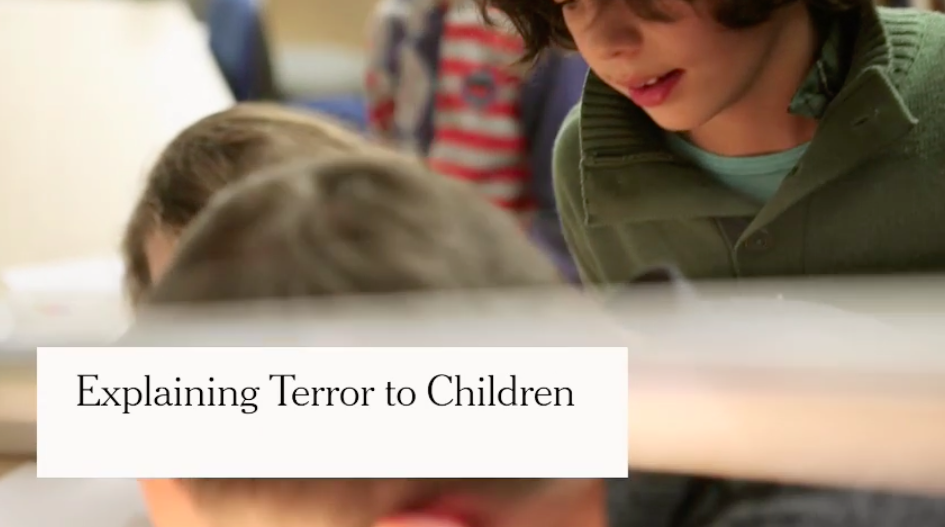Discussing the unspeakable: Steps to foster conversations in the wake of tragedy
Editor’s Note: In light of recent events resulting in the death of 17 people in a school shooting in Parkland, FL, the eighth school shooting that has resulted in death or injury in the US since January 1, 2018, we are re-posting an article first published in October of last year. The context may be […]











